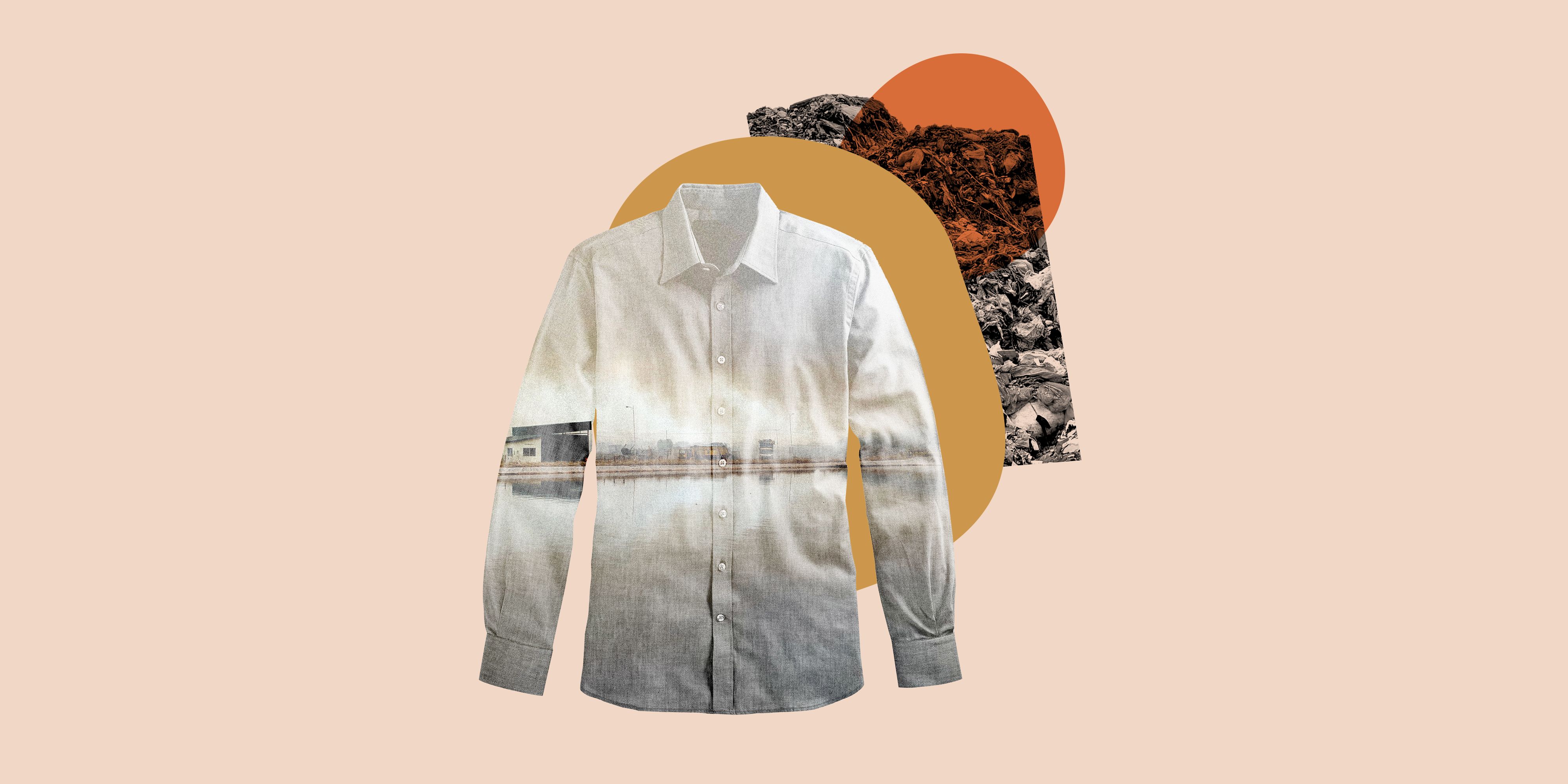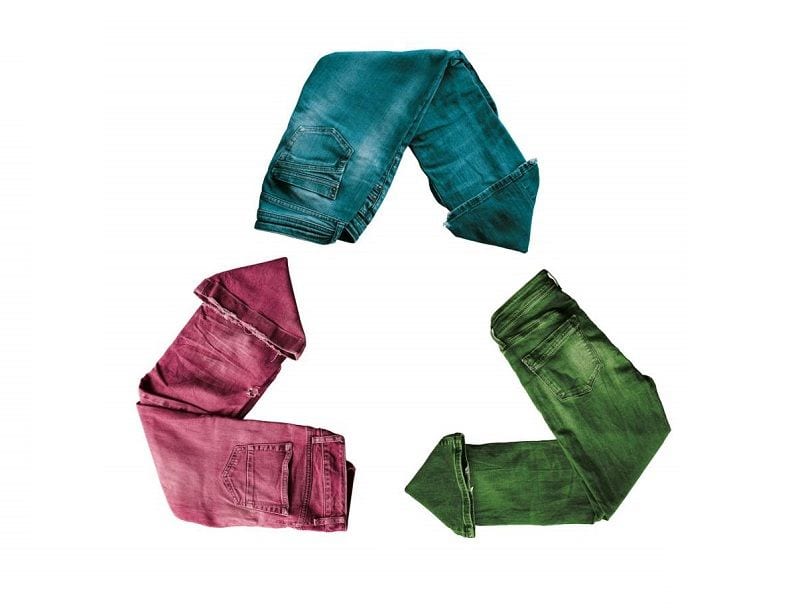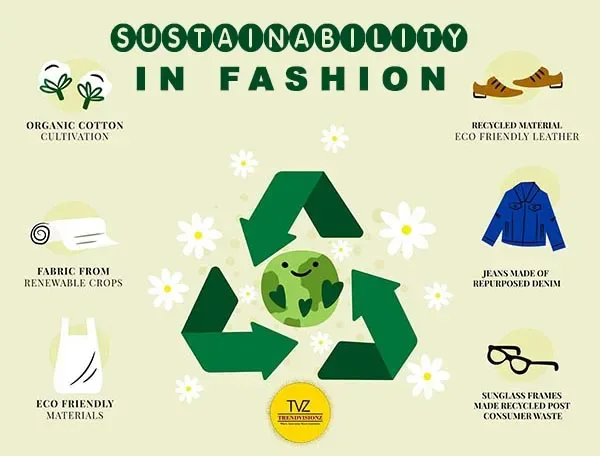Cape Town Sustainable Fashion Designers Leading the Eco-friendly Motion
Cape Town Sustainable Fashion Designers Leading the Eco-friendly Motion
Blog Article
Keep Ahead of the Curve by Discovering Ingenious Fashion Trends
In a market as vibrant as fashion, remaining ahead entails more than just following present patterns-- it requires an exploration of advancement. The merging of technology and style declares a new age of customer engagement.

Embracing Smart Textiles
In current years, the apparel industry has actually seen a transformative change with the combination of smart fabrics, a sophisticated advancement that blends modern technology with material. This advancement stands for not just a fusion of appearances and capability but likewise a considerable leap towards sustainability and personalization in fashion. Smart textiles, additionally referred to as e-textiles, embed innovative electronics such as sensors and conductive strings within the textile, enabling garments to engage with the user or the setting.
These fabrics are made to check physiological parameters, such as heart price or body temperature level, offering real-time health analytics. Past health applications, smart fabrics are likewise being used for flexible clothes, which can transform color or pattern in response to ecological stimulations, thus providing a vibrant style experience.
Moreover, the growth of energy-harvesting fabrics that generate power from motion or sunlight is leading the way for self-sufficient wearable innovation. This technology is interesting eco mindful consumers and developers aiming to decrease the eco-friendly impact of fashion. As research and advancement in this field breakthrough, smart fabrics are expected to end up being progressively prevalent, improving the landscape of contemporary style with their multifunctional abilities.
The Surge of 3D Printing
Reinventing the manufacturing landscape, 3D printing has emerged as a game-changer in the garment industry. This cutting-edge technology has actually enabled developers to push the borders of imagination, generating detailed and customized garments that were formerly unthinkable. By leveraging electronic layout and additive manufacturing, 3D printing facilitates the production of complicated geometries and patterns, permitting developers to try out new appearances and frameworks.
A noteworthy benefit of 3D printing in style is its capacity to create on-demand, minimizing waste and lowering inventory demands. This efficiency not just maximizes production processes however likewise allows for quick prototyping, making it possible for developers to bring their visions to life in a much shorter timeframe. Furthermore, 3D printing sustains customization to a level unrivaled by traditional techniques, supplying distinct layouts and individualized fits tailored to private consumer choices.
The surge of 3D printing has additionally democratized style, making it accessible to arising developers that can currently fabricate high-quality items without significant economic investment in traditional production framework. As modern technology proceeds to advancement, the garment industry is poised to harness the full capacity of 3D printing, checking out brand-new products and techniques that will undoubtedly redefine exactly how style is developed and generated.
Lasting Fashion Developments
As the fashion business faces the pressing need for ecological duty, lasting style developments have actually emerged at the center of transformative change. The growing understanding of ecological effect has sustained a shift towards even more eco-conscious methods and materials. Designers and brands are currently prioritizing sustainability, including approaches that go right here reduce waste and minimize carbon footprints.
One substantial advancement is the rise of circular style, which highlights recycling and upcycling to extend the lifecycle of garments. This method not just decreases waste yet likewise urges customers to adopt a much more conscious approach to clothes consumption. Furthermore, the usage of lasting products, such as natural cotton, hemp, and recycled polyester, has additional resources actually gained traction. These materials need much less water and energy throughout manufacturing, considerably decreasing environmental effect.
Another innovation depends on the adoption of innovative dyeing methods that use natural dyes or waterless procedures, therefore reducing the huge quantities of water and chemicals commonly made use of in fabric dyeing. Furthermore, advancements in biotechnology have actually caused the creation of lab-grown natural leather and textiles, providing cruelty-free and environmentally friendly options to standard materials. Via these pioneering initiatives, the apparel industry is making significant strides in the direction of a much more sustainable future.

Tech-Integrated Garments
Tech-integrated garments represents a cutting-edge combination of fashion and modern technology, reshaping just how individuals connect with their clothing. This ingenious domain is marked by the incorporation of clever fabrics and ingrained electronic parts, improving both performance and visual charm. From fitness trackers embedded in sports apparel to heated jackets controlled by means of mobile phone applications, tech-integrated clothing provides customers unmatched convenience and adaptability.
Pioneering brands are driving this pattern, concentrating on creating garments that react to environmental stimulations or user commands. For instance, some garments can transform color or pattern in feedback to temperature changes, while others include biometric sensing units to keep track of health metrics like heart price or stress degrees. The seamless combination of technology right into fabrics additionally includes environmental sustainability, with efforts to establish self-cleaning materials or garments that get used to climate condition, therefore reducing the requirement for several layers.
In addition, the development of wearable innovation is not simply limited to clothes yet expands to devices like watches and glasses, more widening the extent of tech-integrated fashion. As the sector remains to introduce, the possibility for personalization and customization in apparel grows, using customers one-of-a-kind, tech-enhanced fashion experiences that cater to their individual demands and choices.
Future of Virtual Fashion
Recently, the future of virtual fashion has become a transformative force within the market, leveraging innovations in digital innovation to redefine how style is created, experienced, and taken in. By incorporating enhanced truth (AR), virtual fact (VR), and 3D layout devices, designers can now craft interactive and immersive experiences that transcend typical style limits. Digital style enables the creation recommended you read of garments that exist only in electronic environments, providing countless possibilities for technology without the restrictions of physical production.
This electronic change not just offers opportunities for innovative expression but likewise addresses sustainability worries integral in conventional style techniques. Cape Town Sustainable Fashion. By eliminating the requirement for physical sources, digital style minimizes waste and minimizes carbon footprints. In addition, the surge of digital style lines up with the enhancing consumer need for distinct and tailored experiences, as online garments can be tailored and customized to individual preferences with convenience

Final Thought
The style industry's future lies in the assimilation of lasting techniques and ingenious technologies. Online fashion is poised to redefine consumer interactions.
In current years, the style sector has witnessed a transformative shift with the combination of clever fabrics, an advanced advancement that mixes modern technology with fabric.As the fashion industry grapples with the pushing need for environmental obligation, lasting fashion technologies have actually arised at the forefront of transformative change.In recent years, the future of virtual fashion has arised as a transformative pressure within the sector, leveraging advancements in electronic technology to redefine how style is developed, experienced, and taken in. The increase of online fashion aligns with the enhancing consumer demand for unique and customized experiences, as virtual garments can be personalized and customized to private preferences with ease.
The style market's future lies in the combination of sustainable practices and cutting-edge modern technologies.
Report this page